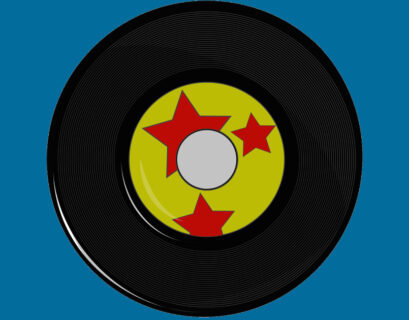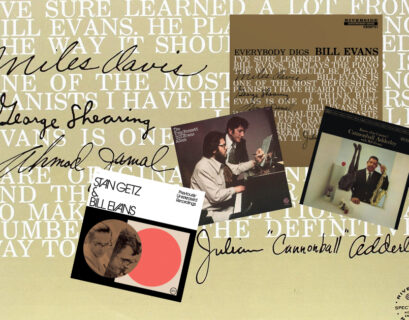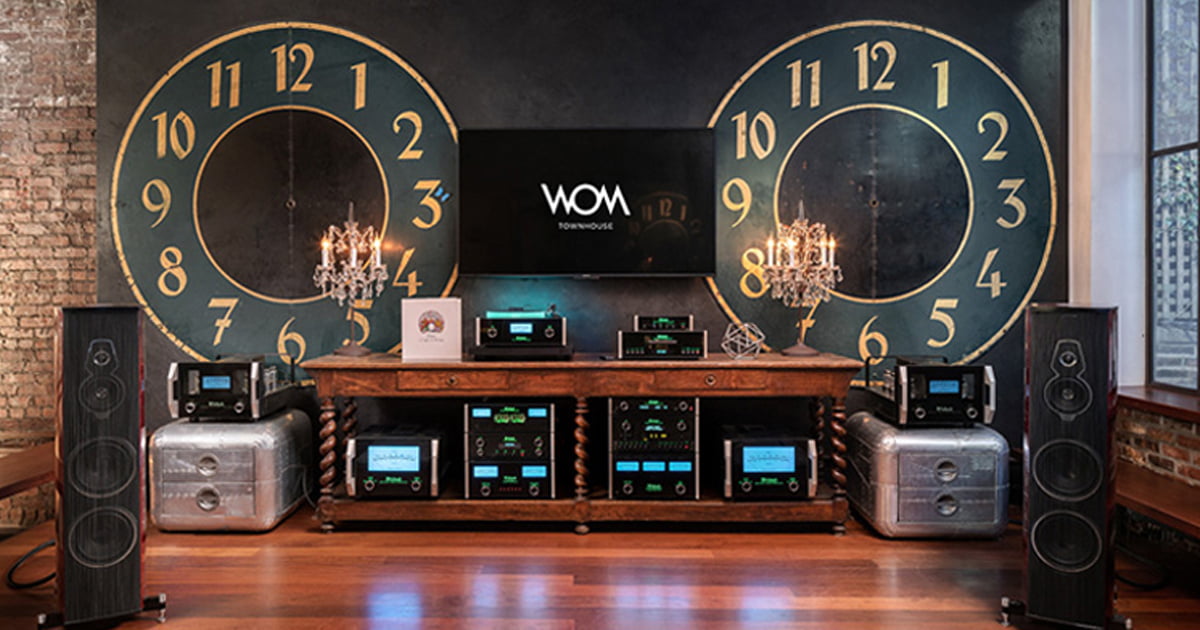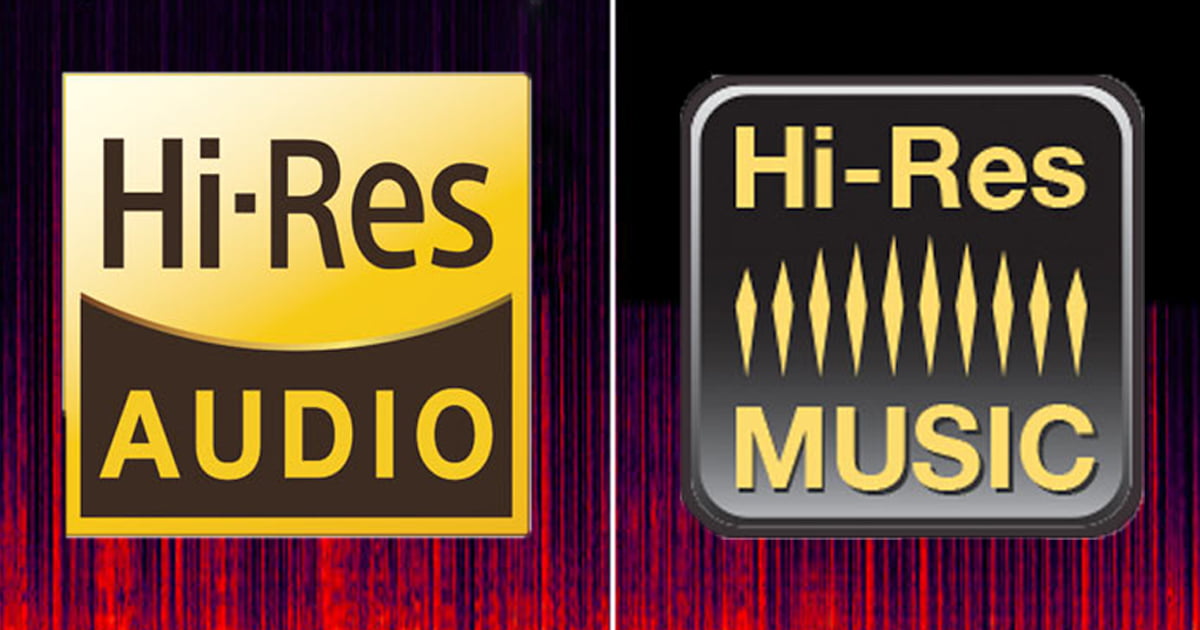It’s the time of year for saving money!
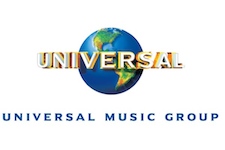 On Jan 9th the New York Times article detailed a bequest from Universal Music Group to The Library of Congress of 200,000 metal, glass, and lacquer master discs spanning a period from 1926 to 1948. According to the story, although the Library of Congress will take over the physical possession of the recordings, Universal will retain all copyrights and all rights to “commercialize the music after it has been digitized.” Library of Congress, BTW is doing all the digitization.
On Jan 9th the New York Times article detailed a bequest from Universal Music Group to The Library of Congress of 200,000 metal, glass, and lacquer master discs spanning a period from 1926 to 1948. According to the story, although the Library of Congress will take over the physical possession of the recordings, Universal will retain all copyrights and all rights to “commercialize the music after it has been digitized.” Library of Congress, BTW is doing all the digitization.
My initial reaction was, “Great! Now everyone will have access to these historically important recordings.” But upon further examination it seems as if Universal is the winner and, as usual, the US public foots the bill with little in return for their investment. According to Universal’s executive Vice President for digital logistics and business services, Vinnie Freda, “”I’ve been trying to figure out a way to economically preserve these masters in a digital format, and the library is interested in making historically important material available. So they will preserve the physical masters for us and make them available to academics and anyone who goes to the library, and Universal retains the right to commercially exploit the masters.” Sounds like a win-win…for Universal. They no longer have the expense of storing all these discs yet they retain all the commercial advantages of ownership.
According to the NY Times article, “The exact monetary value of the collection is not known, and a formal assessment has not yet been made. But in addition to the savings that will be gained from no longer having to store the discs, Universal could be in line for a substantial tax write-off as a result of the donation.” I wonder if the guy in Pittsburg with the $3 million record collection could get in on the Library of Congress digitization gravy train? In 2008 he “sold” the collection through EBAY to a “lucky Irishman” who was prescient enough to reneg on the deal. Over 3 million records would give the library’s digitization department job security though a couple of administrations at least. But the ex-record store-owner doesn’t have any of the copyrights to these records, so he has no intellectual property to sell, only copies of other people’s property. From a purely commercial point of view his collection is worth absolutely nothing, which has been proven by his inability to find anyone interested in meeting his collection’s $3 million price tag.
What this means to me is that the value of records and even original masters isn’t in the physical object, or the media, but in the message or music contained on these discs. Universal realizes that the digital copies have more commercial value than the original masters and I’m sure that they will see more profit by not owning the original discs than they ever would from merely storing them in perpetuity.
Will this be the beginning of a trend of donations to the Library of Congress by companies with large physical collections of intellectual property archived on older media? I suspect that many studios and record companies are storing recordings that they, too, would love to divest themselves of while retaining intellectual and commercial rights.
So, my hat is off to Universal. They’ve discovered the equivalent of having their cake stored for them while eating it, too. Nice…


